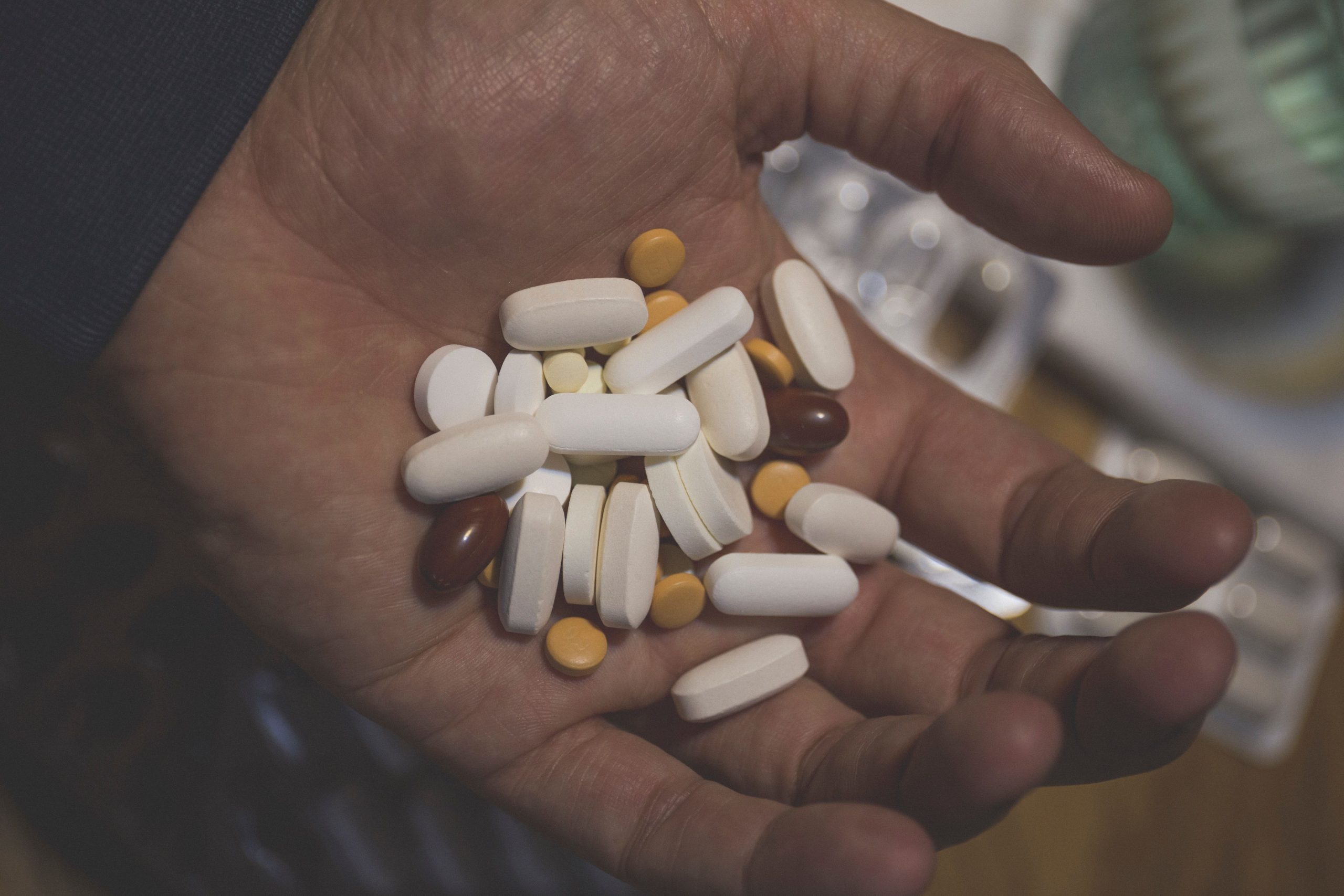Drug abuse, the voluntary use of narcotics to obtain pleasure, remains one of the biggest health problems across the world. In addition to causing health issues in youngsters, drug abuse also hurts law-and-order in locales. Consequently, the fight against drug abuse is both medical and legal.
According to the National Institute on Drug Abuse (NIDA), a US government-run federal research institute, drug use, drug abuse and drug addiction are not all the same. “Drug use” is defined as any extent of illegal drug use, including heroine, cocaine and tobacco use, according to NIDA.
“Drug misuse”, on the other hand, is a term used to reflect incorrect or harmful use of prescription and moderate alcohol consumption. “Drug misuse” entails the use of narcotics on a regular basis to obtain pleasure, get relief from stress or just to keep a safe distance from reality.
Experts say that initially drug use is voluntary. Often people just want to try something new or want to have a good time that leads them to take up drugs. But with time, drug use can erode a person’s ability for self-control resulting in addiction.
Addictions have several components and often result from a traumatic experience that leads to emotional tensions. As people stick to their addiction to leave their trauma behind, the addiction becomes increasingly difficult to overcome. While some, who can exert willpower make themselves quit addictions, others develop compulsive behaviours.
NIDA says that people use drugs for a variety of reasons. “They want to feel good, stop feeling terrible, perform better at school or at work, or are inquisitive because others are doing it and they want to fit in. The last reason is most common among teenagers.”
Drugs, specialists say, have an impact on our central nervous system influencing how we think, feel, and act.
Drugs that impair functional activity are known as depressants. Depressants, when taken in tiny doses, can help a person feel calm. Large doses of depressants can cause nausea, unconsciousness, and even death in some situations. Depressants include alcohol, cannabis, and opiates such as heroin, morphine, and GHB.
Hallucinogens – Hallucinogens cause one’s perception of reality to be distorted. Paranoia, panic, emotional and mental euphoria, nausea, and gastrointestinal difficulties can all result from such situations. Some hallucinogens include LSD, cannabis, magic mushroom, and ketamine.







